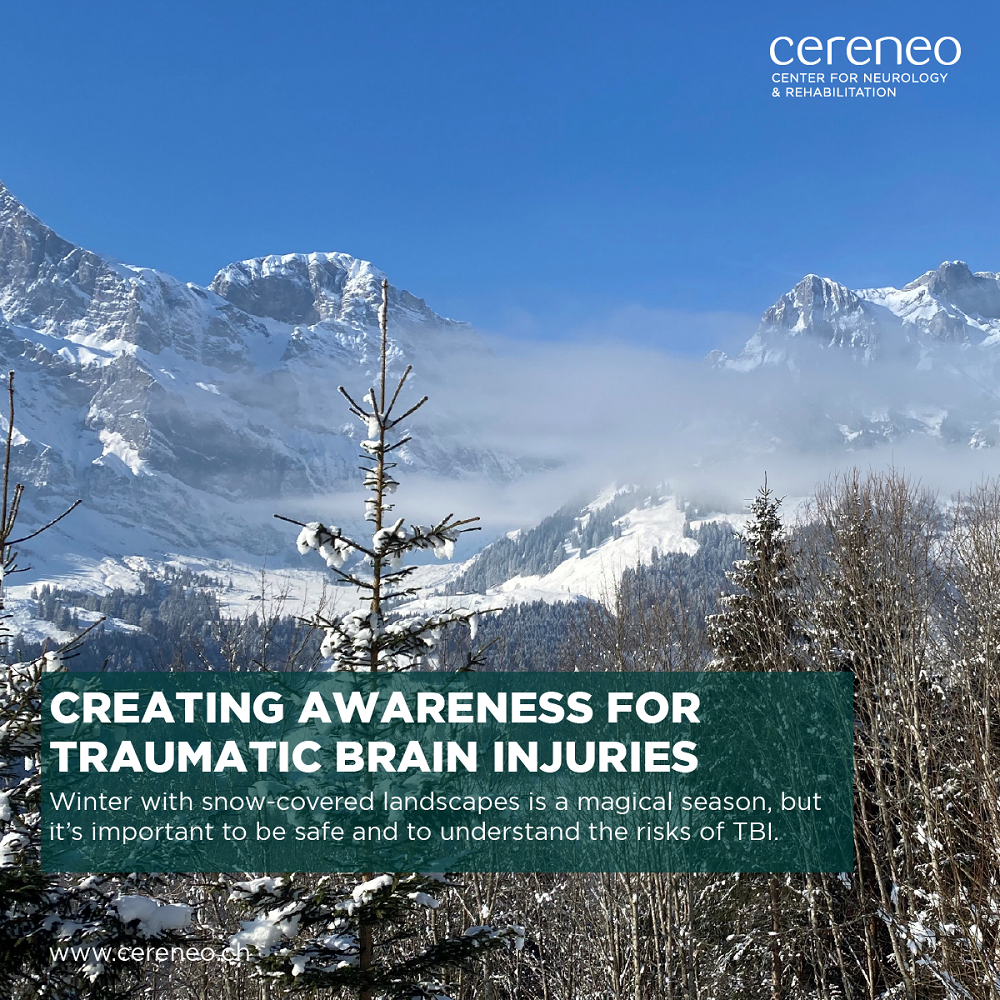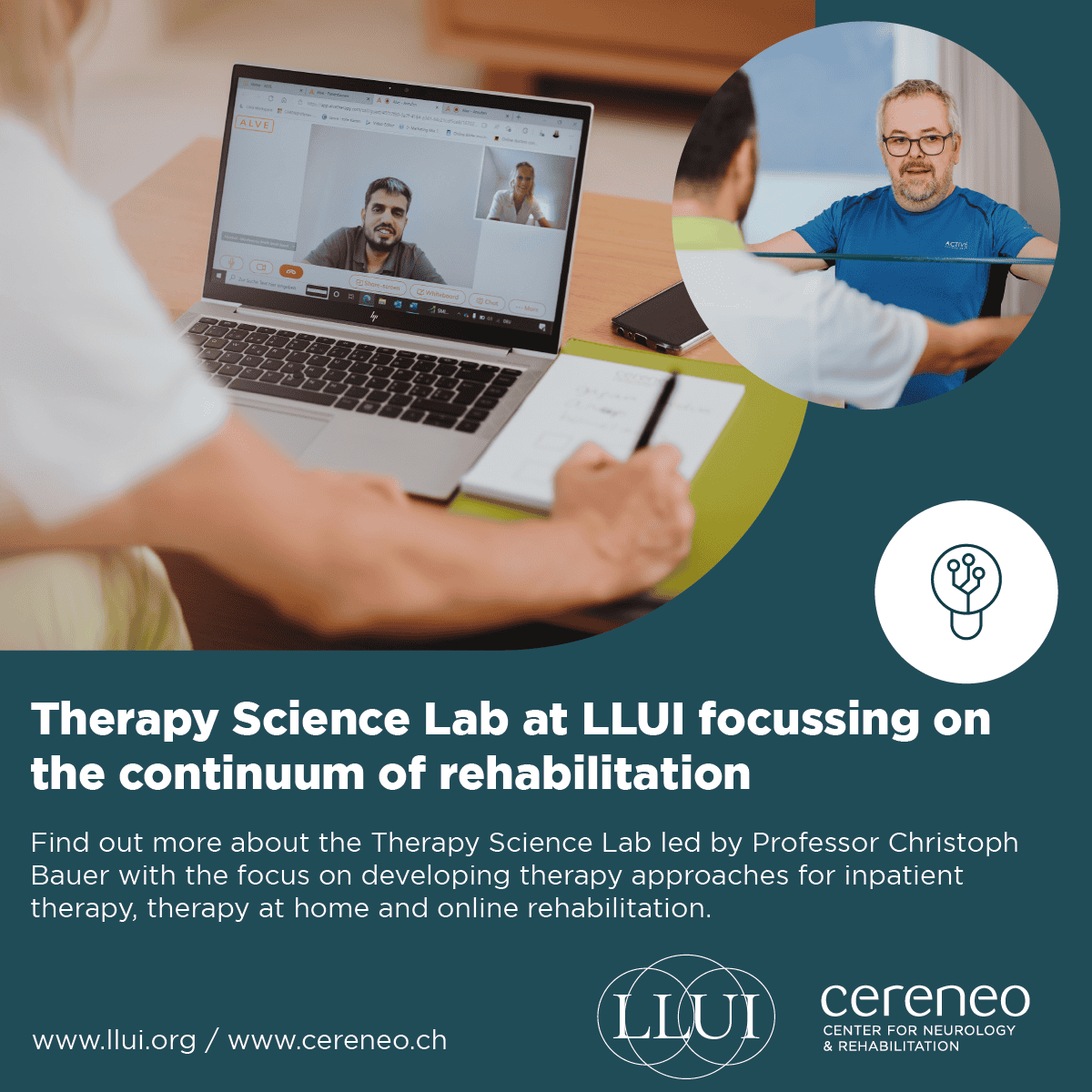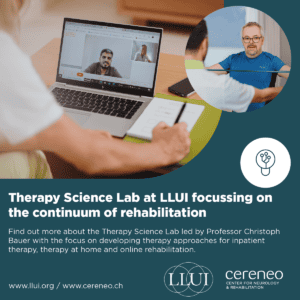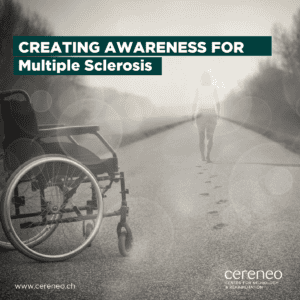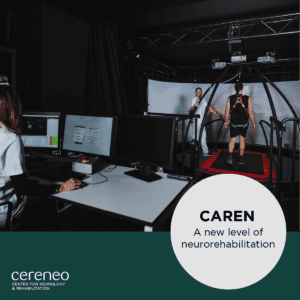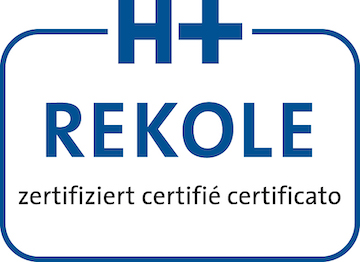Winter in Switzerland is a magical season filled with snow-covered landscapes, cosy nights by the fireplace and winter sports. However, amidst the beauty of the snowy wonderland, there lies a potential danger that often goes unnoticed – the risk of traumatic brain injuries (TBIs). As the temperatures drop and icy streets become a common sight, it’s crucial to be aware of the increased risks associated with winter activities, particularly those involving slippery surfaces and activities like skiing, snowboarding, sledging or ice skating.
The Icy Hazards of Winter Streets
One of the primary concerns during the winter season is the increased likelihood of slipping on icy streets. The thin layer of invisible ice can turn a simple walk into a dangerous journey. The impact of a fall on a hard, icy surface can lead to head injuries, including TBI. It’s important to take extra precautions, such as wearing appropriate footwear with good grip and being aware of your surroundings.
Winter Sport Activities: Skiing and Snowboarding
Winter sports enthusiasts impatiently wait for the season to start and to hit the slopes for skiing, snowboarding or sledging. While these activities provide an adrenaline rush and breathtaking views, they also come with an inherent risk of accidents, such as TBI. The combination of high speeds, uneven terrain, and the unpredictability of winter weather conditions can result in severe injuries. Wearing a helmet is a simple but important measure that everyone can easily take to prevent such injuries.
In some winter sports regions, après-skiing in one of the many mountain huts alongside the slopes is very popular. However, drinking alcohol while still on a slope increases significantly the risk of traumatic brain injuries, not just for the individual consuming alcohol, but also for those sharing the slopes. Alcohol impairs judgment, coordination, and reaction time, making accidents more likely. It’s crucial to emphasize the importance of avoiding alcohol consumption while engaging in winter sports. Being alert and in control is vital for personal safety and the safety of others on the slopes.
Recognizing the Signs of Traumatic Brain Injuries
Understanding the symptoms of traumatic brain injuries is crucial for early detection and appropriate medical intervention. If you or someone you know has been involved in a winter-related accident, be attentative for the following signs:
Physical and sensory symptoms
- Headache
- Nausea, vomiting, dizziness
- Fatigue
- Loss of balance or coordination
- Problems with speech or vision
- Sensitivity to light
- Numbness in fingers and toes
Cognitive, behavioural or mental symptoms
- Loss of consciousness
- Problems with concentration or memorizing things
- Mood changes
- Difficulties sleeping or sleeping more than usual
It is always good to seek advice from a doctor after an accident involving the head, even if all appears good.
Make Sure that Safety Comes First in Winter Wonderland
While winter offers a wide choice of exciting activities, safety should always be a top priority. Whether you’re navigating icy streets or carving through fresh powder on the slopes, being aware of the potential risks and taking preventive measures can make all the difference.
